Jails are, for better or worse, a big part of American civilization.
The American prison population is one of the highest of any country in the world.
They have been entrenched into American society for centuries, and so for many people jails have played a role in their lives in America.
With this, naturally, comes a great deal of slang terms for describing jails, so today we’re going to take a broad view of American slang terms for jail, from the most common to the most obscure.
Let’s dive into it.

American Slang For Jail
Attica
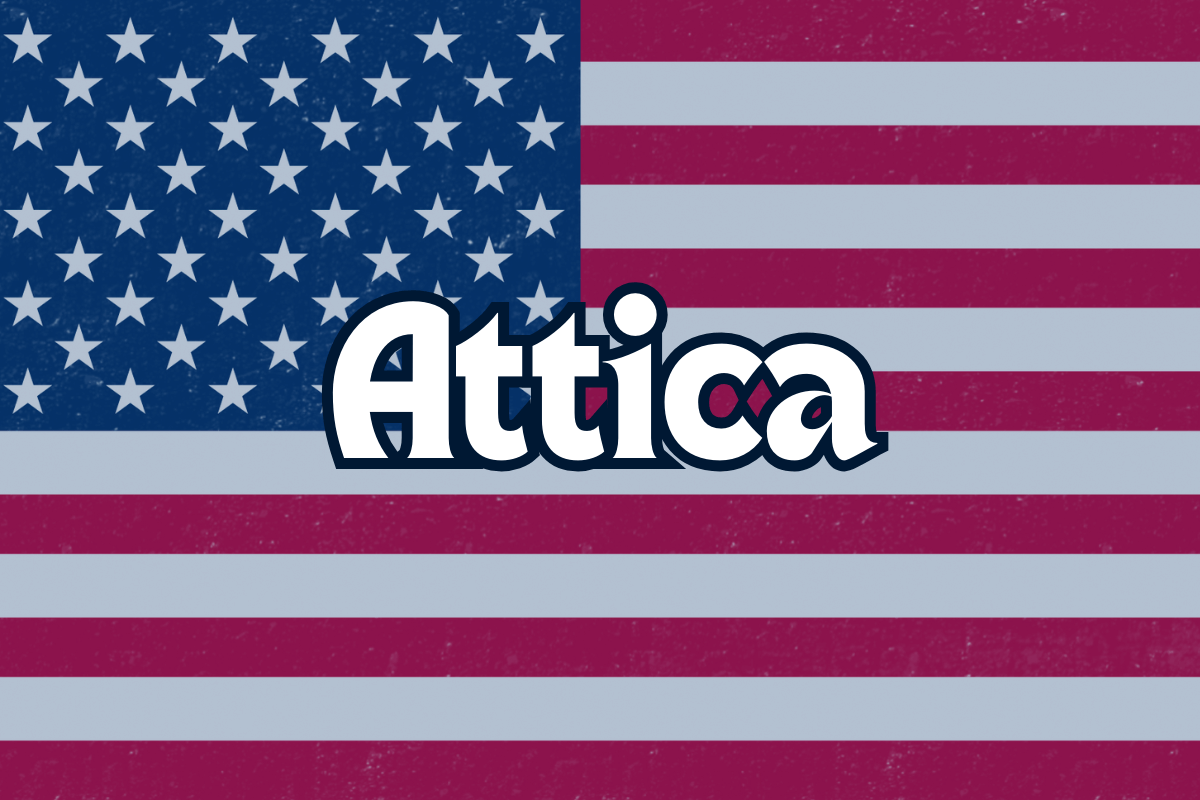
“Attica” is a well-known slang term for prison, originating from the Attica Correctional Facility in New York.
The name gained notoriety after the 1971 Attica Prison Riot, one of the deadliest prison uprisings in American history, where 43 people lost their lives.
The event left a lasting mark on American culture, and “Attica” became a shorthand way to refer to any prison, particularly in media and pop culture.
While it’s not the most widely used slang term today, it remains recognizable, especially among older generations.
Examples in sentences:
- “If you don’t change your ways, you’ll end up in Attica!”
- “That place is a real Attica—harsh and unforgiving.”
- “He got sent to Attica for armed robbery.”
- “I’d rather do anything than spend a night in Attica.”
- “The guards treat this place like it’s Attica or something!”
The Can
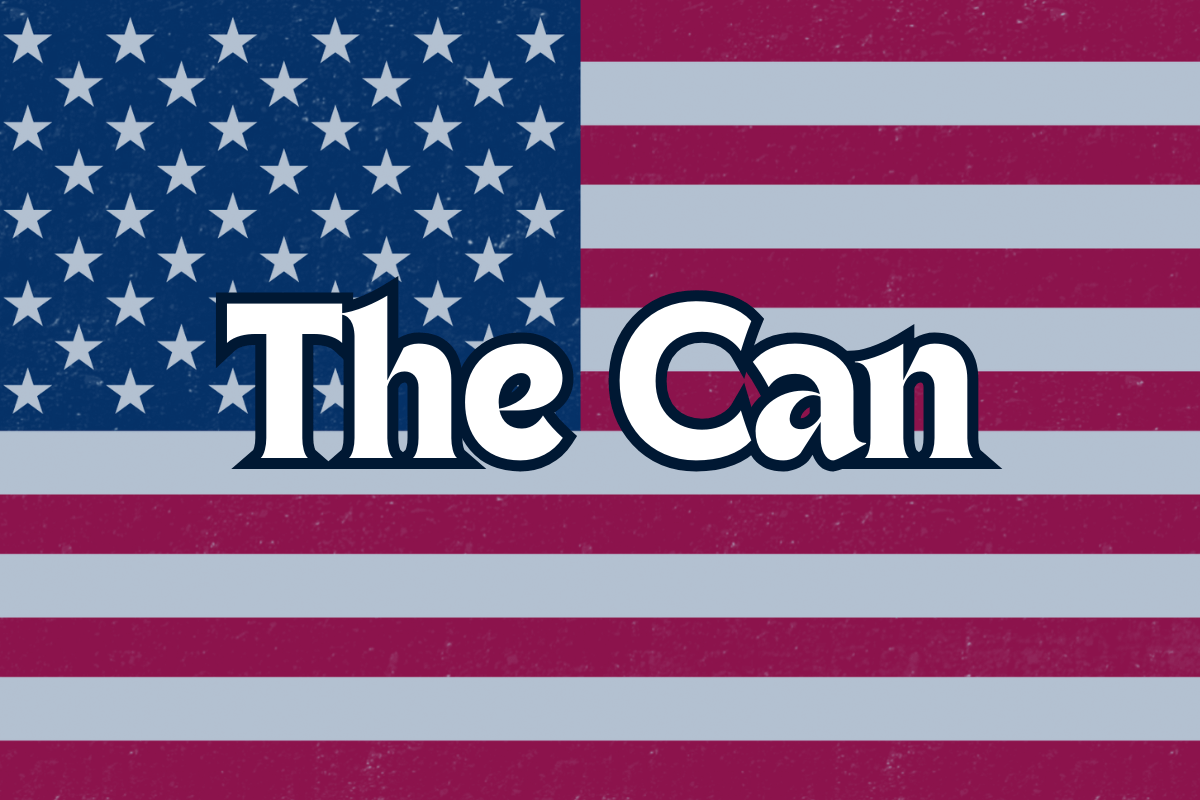
“The Can” is a common slang term for prison, emphasizing its restrictive and unpleasant nature.
The phrase has been in use for decades and is often associated with the idea of being locked away, much like a tin can being sealed shut.
It can also refer to jail in a more general sense, not just long-term incarceration.
The term is frequently used in movies, books, and conversations about crime and punishment.
Examples in sentences:
- “He spent five years in the can for grand theft auto.”
- “If you get caught, you’re going straight to the can.”
- “My uncle did a stint in the can back in the ‘80s.”
- “Nobody wants to end up in the can over a stupid mistake.”
- “He just got out of the can and is trying to turn his life around.”
The Clink

“The Clink” originally referred to a famous prison in London, which dates back to the 12th century.
The term became a popular slang reference for any prison or jail, especially in British English.
The name “The Clink” itself was derived from the sound of the prison’s gates closing, evoking the idea of being locked up and imprisoned.
Over time, the term has been used more broadly to describe any place of incarceration.
Examples in sentences:
- “He was sent straight to The Clink after his arrest.”
- “Back in the day, getting thrown in The Clink was common for petty criminals.”
- “She heard he’d been in The Clink more than once.”
- “They could be looking at a long stay in The Clink if they’re not careful.”
- “No one wants to end up in The Clink for something that silly.”
Farm
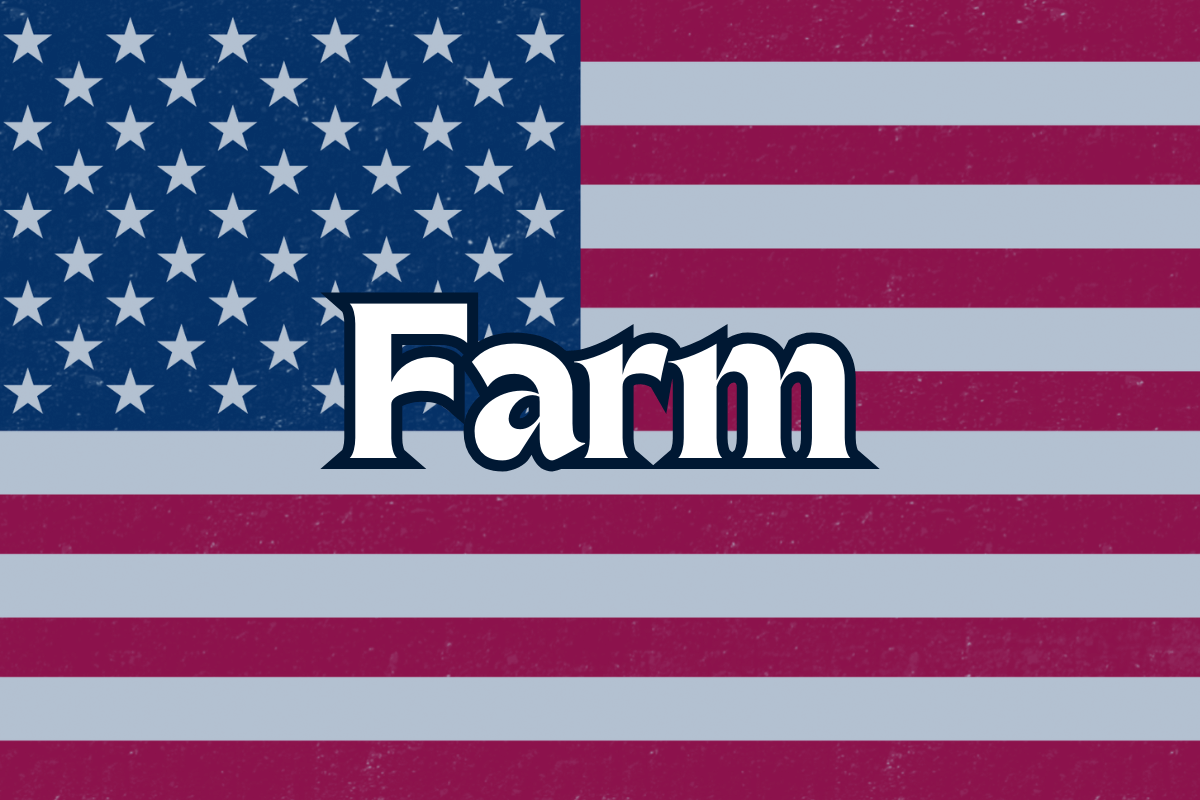
“Farm” is a colloquial term for a prison, especially one that is considered to have a lower security level, where inmates might engage in more manual labor or agricultural activities.
This term is often used in American slang to refer to a place where prisoners are sent for rehabilitation or to serve time in a less restrictive environment.
It’s not as harsh as referring to a high-security penitentiary, but still denotes a place of confinement.
Examples in sentences:
- “After his conviction, he was sent to the farm to do some hard labor.”
- “They sent him to the farm instead of a maximum-security prison.”
- “The prison farm had fields where the inmates worked daily.”
- “He’d rather be at the farm than at a place like Folsom.”
- “She was told that after a few years, she could transfer to a farm.”
Folsom
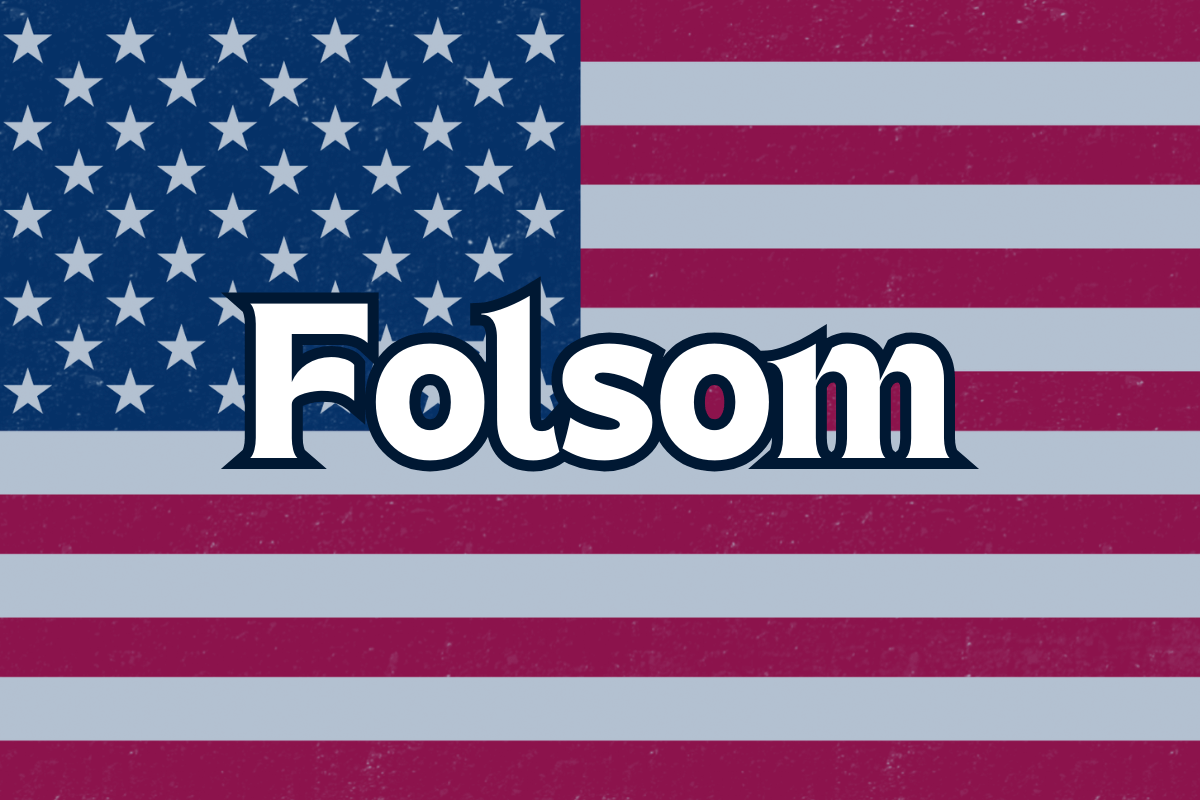
“Folsom” is shorthand for Folsom Prison, a high-security facility in California, made iconic by Johnny Cash’s hit song “Folsom Prison Blues.”
Over the years, the term has come to represent not only this specific prison but also the general notion of tough, maximum-security incarceration.
The term is often used in slang to evoke the harshness of being in a high-security facility, one where prisoners face stricter rules and conditions compared to lower-security institutions.
Examples in sentences:
- “He spent a few years in Folsom after his conviction for armed robbery.”
- “That guy’s heading straight to Folsom for his life sentence.”
- “I don’t know if I could survive in a place like Folsom.”
- “After his sentence, he was transferred from county jail to Folsom.”
- “The inmates at Folsom aren’t exactly treated like they’re on vacation.”
Hole

“Hole” is a term used to describe solitary confinement, a punishment where a prisoner is kept in isolation from other inmates.
The “hole” is typically a small, windowless cell, and the term emphasizes the bleak, enclosed nature of the space.
Being sent to the hole is considered one of the harsher punishments in prison, used for misbehavior or for those deemed a danger to other prisoners or staff.
Examples in sentences:
- “He spent a week in the hole after starting a fight in the yard.”
- “I’m not going back to the hole, I’ll do whatever it takes to stay out.”
- “If you keep causing trouble, they’ll send you straight to the hole.”
- “The hole is a place where time seems to stand still, and the isolation can drive you crazy.”
- “After his outburst, they threw him in the hole for a month.”
Jug
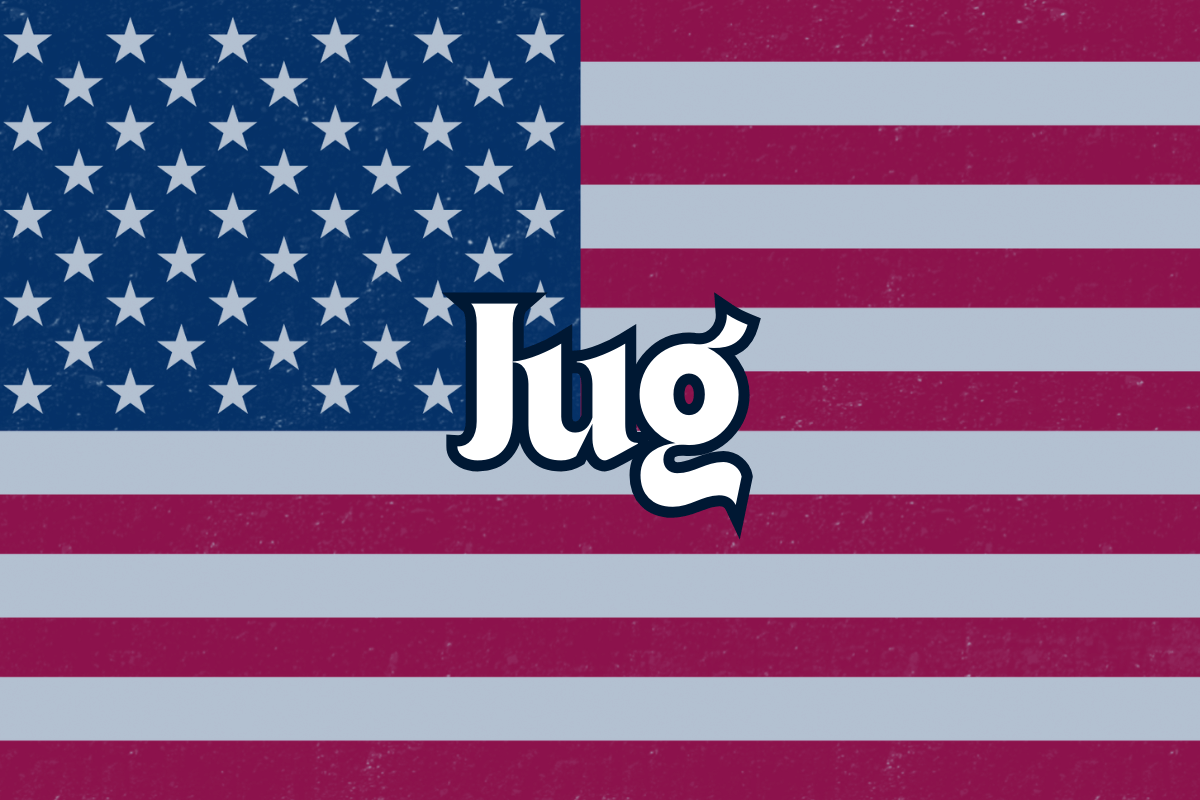
“Jug” is an informal term used to refer to prison, particularly a local or county jail.
The term likely originated because a jug is a container that holds liquid, just as a prison “holds” a person in captivity.
It’s often used to refer to a shorter sentence or a less secure facility compared to a penitentiary or maximum-security prison.
The word is sometimes used with a casual or even humorous tone, despite the serious context of incarceration.
Examples in sentences:
- “He was sent to the jug for a few months after getting caught with stolen property.”
- “I can’t believe he’s back in the jug again. When will he learn?”
- “The local cops picked him up and took him straight to the jug.”
- “She spent the night in the jug before posting bail the next morning.”
- “I’ve had enough of this place—I’m ready to get out of the jug.”
Juvie

“Juvie” is shorthand for juvenile detention, a term used to describe a correctional facility for minors who have been convicted of crimes.
These institutions are designed to rehabilitate young people who are in conflict with the law, but “juvie” has a tough reputation due to the harsh environments that some of these facilities have.
It’s often used informally and sometimes with a sense of nostalgia or humor about youthful misadventures.
Examples in sentences:
- “He got caught stealing, so he ended up in juvie for a few months.”
- “Don’t end up in juvie like your older brother. Stay out of trouble!”
- “She was sentenced to juvie after being involved in a gang fight.”
- “I can’t believe I was in juvie for something so stupid. I learned my lesson.”
- “Juvie isn’t as bad as prison, but it’s still not a place you want to be.”
Lockup
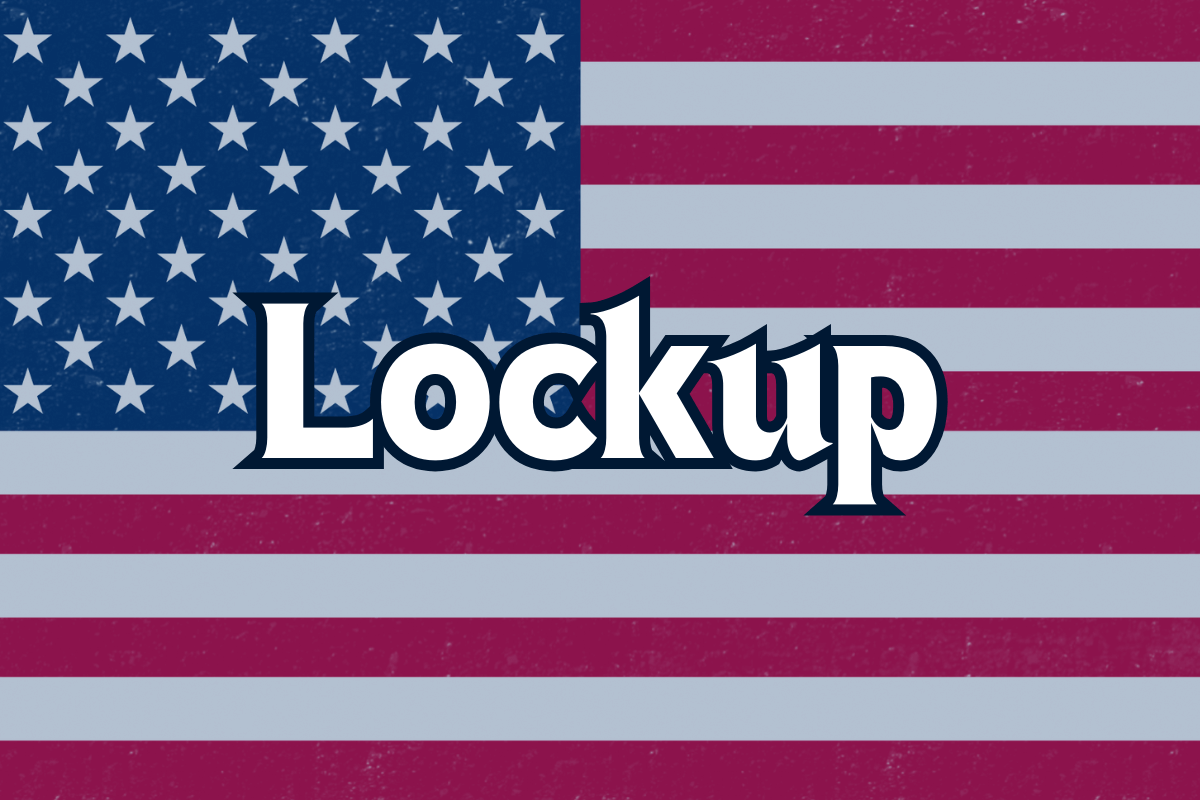
“Lockup” refers to a jail or detention facility, especially one used for short-term incarceration.
It’s commonly used when talking about a temporary holding cell or the initial stage of being arrested before a person is formally charged or sent to a long-term facility.
The term conveys a sense of being confined or restrained, often in a less formal way than words like “prison” or “corrections facility.”
Examples in sentences:
- “He spent the night in lockup after getting arrested for public intoxication.”
- “After the fight broke out, several people were taken to lockup.”
- “She was stuck in lockup for a few days before her trial.”
- “The police took him to lockup until they could sort everything out.”
- “He was in lockup for a minor charge, but it didn’t take long to get released.”
Pen

“Pen” is short for “penitentiary,” which is a formal term for a prison.
The term “pen” is commonly used in slang to refer to a place of confinement, usually implying a large or overcrowded prison.
It’s often used in a more casual or familiar tone when talking about being in prison or jail.
Examples in sentences:
- “He was sent to the pen for a few years after his conviction.”
- “They don’t call it the pen for nothing; it’s not a place anyone wants to end up.”
- “After the robbery, he was locked up in the pen until his trial.”
- “I heard he’s been in and out of the pen most of his life.”
- “The pen can change a person; it’s a harsh environment.”
Solitary
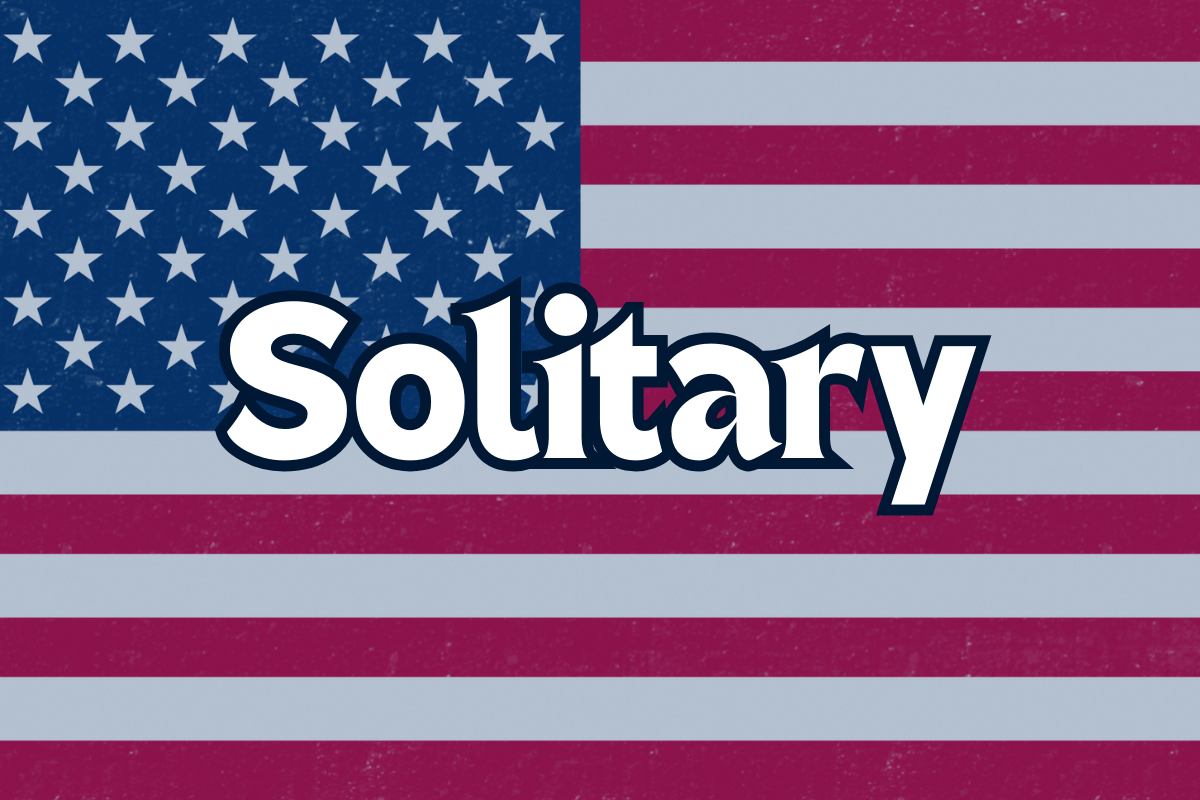
“Solitary” refers to solitary confinement, a form of imprisonment where an individual is placed in a small cell and isolated from other inmates.
This term is widely known for its association with the harsh conditions of isolation in prisons.
It’s often used to describe a punitive measure or a severe form of detention.
Examples in sentences:
- “He was placed in solitary after causing trouble in the general population.”
- “Solitary confinement can have lasting psychological effects on a person.”
- “After the fight, the inmate was sent straight to solitary for 30 days.”
- “Many prisoners dread the thought of being sent to solitary—it’s a tough punishment.”
- “She was isolated in solitary for weeks as a consequence of her actions.”

